Inflaguard-D Tablet 10's
MRP ₹239
(Inclusive of all Taxes)
₹35.9 Cashback (15%)
Provide Delivery Location
Online payment accepted
 Prescription drug
Prescription drugWhats That
Manufacturer/Marketer :
Consume Type :
Expires on or after :
Return Policy :
About Inflaguard-D Tablet
Inflaguard-D Tablet is used to treat pain and inflammation associated with osteoarthritis (joint pain, especially in the knees, hip, hands, neck, and lower back) and rheumatoid arthritis (joint pain, especially in the hands and feet). It may also provide relief from toothache, ear pain, throat pain, muscle ache, and backache.
Inflaguard-D Tablet contains Trypsin, Bromelain, Rutoside, and Diclofenac. Trypsin and Bromelain reduce pain and inflammation by increasing the blood supply to the affected area and promoting healing. Rutoside prevents swelling and inflammation by neutralizing the chemicals that cause cell damage. Diclofenac blocks the release of chemical substances that cause pain and inflammation.
Take Inflaguard-D Tablet exactly as prescribed by your doctor. Inflaguard-D Tablet may cause side-effects such as nausea, vomiting, stomach pain, indigestion, heartburn, stomach upset, diarrhoea, and headache. These side-effects are usually mild and temporary. However, if any of these side-effects persist or worsen, consult a doctor immediately.
Consult your doctor if you are pregnant or breastfeeding. Inflaguard-D Tablet is not recommended for children below 12 years of age. Inflaguard-D Tablet may cause dizziness, so do not drive or operate heavy machinery unless you are alert. Keep your doctor informed about your health conditions and medications to rule out any interactions/side effects.
Uses of Inflaguard-D Tablet
Directions for Use
Key Benefits
Inflaguard-D Tablet is a combination of four medicines: Trypsin, Bromelain, Rutoside, and Diclofenac. Trypsin and Bromelain are enzymes with antiseptic and anti-inflammatory properties. They reduce pain and inflammation by increasing the blood supply to the affected area and promoting healing. Rutoside is an antioxidant and anti-inflammatory agent. It prevents further swelling and inflammation by neutralizing the chemicals (free radicals) that cause cell damage. Diclofenac is a non-steroidal anti-inflammatory agent (NSAID) that prevents the production of chemical substances (prostaglandins) that cause pain and inflammation.
Storage
- Inform your doctor about the nausea and discuss possible alternatives to the medication or adjustments to the dosage.
- Divide your daily food intake into smaller, more frequent meals to reduce nausea.
- Opt for bland, easily digestible foods like crackers, toast, plain rice, bananas, and applesauce.
- Avoid certain foods that can trigger nausea, such as fatty, greasy, spicy, and smelly foods.
- Drink plenty of fluids, such as water, clear broth, or electrolyte-rich beverages like coconut water or sports drinks.
- Use ginger (tea, ale, or candies) to help relieve nausea.
- Get adequate rest and also avoid strenuous activities that can worsen nausea.
- Talk to your doctor about taking anti-nausea medication if your nausea is severe.
- Record when your nausea occurs, what triggers it, and what provides relief to help you identify patterns and manage your symptoms more effectively.
- High levels of liver enzymes need immediate medical attention.
- Watch your diet and consume low-fat foods, like green leafy vegetables, fish, whole grains, nuts, etc.
- Regularly do strengthening exercises to control your cholesterol levels.
- Avoid drinking alcohol as it can affect your liver.
- Focus on losing weight as it can help control cholesterol and maintain liver enzymes.
- Practice yoga and meditation to improve liver functioning and overall health.
- Limit processed foods and eat more vegetables and fruits.
- Exercise at least 30 minutes every day.
- Maintain a healthy weight.
- Quit smoking as it can worsen kidney damage.
- Control your blood pressure and blood glucose.
- Limit salt intake and alcohol consumption.
- Increased creatinine levels must be corrected immediately with the help of a doctor.
- Reduce strenuous activities that can lead to muscle breakdown and production of creatinine.
- Sleep for 7-8 hours per night to assist your body in repairing and rebuilding tissue.
- Manage your blood pressure by implementing changes in lifestyle like losing weight, reducing stress and exercising regularly.
- Avoid smoking and drinking alcohol.
- Report the itching to your doctor immediately; they may need to change your medication or dosage.
- Use a cool, damp cloth on the itchy area to help soothe and calm the skin, reducing itching and inflammation.
- Keep your skin hydrated and healthy with gentle, fragrance-free moisturizers.
- Try not to scratch, as this can worsen the itching and irritate your skin.
- If your doctor prescribes, you can take oral medications or apply topical creams or ointments to help relieve itching.
- Track your itching symptoms and follow your doctor's guidance to adjust your treatment plan if needed. If the itching persists, consult your doctor for further advice.
- Include iron-rich foods like dark leafy vegetables, lean red meat, legumes and fish in your diet.
- Consume vitamin C-rich foods as they aid iron absorption.
- Limit tea, cocoa, and coffee as these can slow iron absorption.
- Exercise regularly; however, do not overdo it.
- Boost Vitamin K with leafy greens (spinach, kale), broccoli, cauliflower, and cabbage.
- Include iron-rich foods like lean red meat, legumes, fortified cereals, and dark leafy greens.
- Stay hydrated by drinking plenty of water.
- Add Vitamin C-rich foods (citrus fruits, bell peppers) to enhance iron absorption.
- Limit excessive alcohol and blood-thinning foods like garlic and certain herbs.
- Engage in gentle exercise like walking, swimming, or yoga.
- Monitor injuries and apply pressure to wounds promptly.
- Schedule regular medical checkups for routine blood tests.
Drug Warnings
Do not take Inflaguard-D Tablet if you are allergic to any of its contents. Inform your doctor if you have/had high blood pressure, heart problems, high cholesterol, diabetes, asthma, angina, bowel problems, blood clotting disorder, a habit of smoking, or liver and kidney problems. Consult your doctor if you are pregnant or breastfeeding. Stop taking Inflaguard-D Tablet and consult your doctor immediately if you have stomach pain or any signs of bleeding in the intestine or stomach, such as blood in stools.
Drug-Drug Interactions
Drug-Drug Interactions
Login/Sign Up
Co-administration of Inflaguard-D Tablet with Meloxicam can increase the risk or severity of gastrointestinal side effects.
How to manage the interaction:
Taking Meloxicam with Inflaguard-D Tablet is not recommended as it can possibly result in an interaction, it can be taken if your doctor has advised it. However, consult your doctor immediately if you experience symptoms such as dizziness, lightheadedness, red or black, tarry stools, coughing up or vomiting fresh or dried blood that looks like coffee grounds, severe headache, and weakness. Do not stop any medication without doctor's advise.
Co-administration of Inflaguard-D Tablet with Mipomersen may cause liver problems.
How to manage the interaction:
Co-administration of Inflaguard-D Tablet and Mipomersen can lead to an interaction, it can be taken if advised by your doctor. However, if you experience any symptoms like fever, chills, joint pain or swelling, unusual bleeding or bruising, skin rash, itching, loss of hunger, fatigue, nausea, vomiting, abdominal pain, dark urine, pale stools, and/or yellowing of the skin or eyes. Do not discontinue any medications without consulting a doctor.
Taking Inflaguard-D Tablet with Ibrutinib can increase the risk of bleeding tendencies.
How to manage the interaction:
There may be a possible interaction between Inflaguard-D Tablet and Ibrutinib, but they can be taken together if a doctor has prescribed them. However, consult a doctor immediately if you experience any unusual bleeding, dizziness, lightheadedness, red or black, tarry stools, coughing up or vomiting fresh or dried blood that looks like coffee grounds, or severe headaches. Do not discontinue any medications without consulting a doctor.
Taking Inflaguard-D Tablet with bromfenac will have an additive effect and may increase the risk of side effects in the gastrointestinal tract such as inflammation, bleeding, ulceration, and rarely, perforation.
How to manage the interaction:
There may be possible interaction between Inflaguard-D Tablet and bromfenac but you can take it if prescribed by a doctor. Consult your doctor if you experience any unusual bleeding or bruising or have other signs and symptoms of bleeding such as dizziness; lightheadedness; red or black, tarry stools; coughing up or vomiting fresh or dried blood that looks like coffee grounds; severe headache; and weakness. Do not stop using any medications without first talking to your doctor.
Taking Inflaguard-D Tablet and ibuprofen can increase the risk of stomach bleeding and ulcers.
How to manage the interaction:
Co-administration of Inflaguard-D Tablet and Ibuprofen can lead to an interaction, it can be taken if advised by your doctor. However, if you experience any symptoms like unusual bleeding or bruising, dizziness, lightheadedness, red or black, tarry stools, coughing up or vomiting fresh or dried blood that looks like coffee grounds, severe headache, and weakness, consult your doctor immediately. Do not stop using any medications without a doctor's advice.
Co administration of Inflaguard-D Tablet with Leflunomide may result in liver problems.
How to manage the interaction:
Co-administration of Inflaguard-D Tablet and Leflunomide can lead to an interaction; it can be taken if advised by your doctor. However, if you have a fever, chills, joint pain or swelling, unusual bleeding or bruising, skin rash, itching, loss of appetite, fatigue, nausea, vomiting, abdominal pain, dark-colored urine, light-colored stools, or yellowing of the skin or eyes. Do not stop using any medication without consulting your doctor.
Co-administration of Rivaroxaban together with Inflaguard-D Tablet may increase the risk of unsual bleeding.
How to manage the interaction:
Co-administration of Inflaguard-D Tablet and Rivaroxaban can lead to an interaction; it can be taken if advised by your doctor. However, if you experience any symptoms like unusual bleeding or bruising, dizziness, lightheadedness, red or black, tarry stools, coughing up or vomiting fresh or dried blood that looks like coffee grounds, severe headache, and weakness, consult your doctor immediately. Do not stop using any medications without a doctor's advice.
Taking Inflaguard-D Tablet with Lomitapide will have an additive effect and may cause liver problems.
How to manage the interaction:
There may be a possible interaction between Inflaguard-D Tablet and Lomitapide, but they can be taken together if your doctor has prescribed them. However, consult your doctor immediately if you have fever, chills, joint pain or swelling, unusual bleeding or bruising, skin rash, itching, loss of appetite, fatigue, nausea, vomiting, abdominal pain, dark colored urine, light colored stools, and/or yellowing of the skin or eyes. Do not stop using any medications without a doctor's advice.
Taking Inflaguard-D Tablet with warfarin may, increase the risk of bleeding.
How to manage the interaction:
There may be a possible interaction between Inflaguard-D Tablet and Warfarin, but they can be taken together if a doctor has prescribed them. However, consult your doctor immediately if you experience unusual bleeding or bruising, vomiting, blood in your urine or stools, headache, dizziness, or weakness, contact a doctor. Do not discontinue any medications without consulting a doctor.
Coadministration of Inflaguard-D Tablet with Ketoconazole may increase the risk of liver problems.
How to manage the interaction:
There may be a possible interaction between Inflaguard-D Tablet and Ketoconazole, but they can be taken together if a doctor has prescribed them. However, consult a doctor immediately if you have fever, chills, joint pain or swelling, unusual bleeding or bruising, skin rash, itching, loss of appetite, fatigue, nausea, vomiting, abdominal pain, dark colored urine, light colored stools, and/or yellowing of the skin or eyes. Do not discontinue any medications without consulting a doctor.
Drug-Food Interactions
Drug-Food Interactions
Login/Sign Up
Diet & Lifestyle Advise
- Do not go for heavy exercise as it may increase your joint pain in arthritis. Instead, you can do stretching, low impact aerobic exercises like walking on the treadmill, bike riding, and swimming. You can also strengthen your muscles by lifting light weights.
- Try to include fish like salmon, trout, tuna, and sardines. These fishes are enriched with omega-3 fatty acids that minimize levels of chemicals called cytokines, which ramp up inflammation.
- Your sitting posture is important, especially when you have pain and inflammation. Try to sit as little as possible and only for a short duration of time. Long-term immobility is harmful in conditions like arthritis. Use back support like a rolled-up towel at the back of your spine curve to minimize pain. Keep your knees and hips at a right angle. Besides this, you can also use a footrest if required.
Side Effects of Inflaguard-D Tablet
- Nausea
- Vomiting
- Stomach pain
- Indigestion
- Heartburn
- Stomach upset
- Diarrhoea
- Headache
Habit Forming
Therapeutic Class
All Substitutes & Brand Comparisons
RX
Shanzen Tablet 10's
Auftritt Healthcare Pvt Ltd
₹205
(₹18.45 per unit)
14% CHEAPERRX
Vivitrip-D Tablet 10's
Assentus Biogenics Pvt Ltd
₹215.5
(₹19.4 per unit)
9% CHEAPERRX
BTR-D Tablet 10's
Overseas Health Care Pvt Ltd
₹217
(₹19.53 per unit)
9% CHEAPER
Author Details
We provide you with authentic, trustworthy and relevant information
Drug-Diseases Interactions
Drug-Diseases Interactions
Login/Sign Up
FAQs
Inflaguard-D Tablet contains Trypsin, Bromelain, Rutoside, and Diclofenac. Trypsin and Bromelain reduce pain and inflammation by increasing the blood supply to the affected area and promoting healing. Rutoside prevents swelling and inflammation by neutralizing the chemicals that cause cell damage. Diclofenac blocks the release of chemical substances that cause pain and inflammation.
Inflaguard-D Tablet is used to reduce and relieve pain and inflammation associated with osteoarthritis, rheumatoid arthritis, and ankylosing spondylitis. Arthritis is tenderness and swelling in the joints.
Avoid exceeding the dose and duration advised by the doctor. Inflaguard-D Tablet should not be taken for longer durations unless prescribed by your doctor.
If you miss a dose, take the missed dose as soon as you remember. However, if it is almost time for the scheduled dose, skip the missed dose and take the scheduled dose. Avoid taking a double dose.
Drug-Drug Interactions Checker List
- ASPIRIN
- WARFARIN
- DULOXETINE
- LITHIUM
- CHLORAMPHENICOL
Disease/Condition Glossary
Pain: Pain is a symptom triggered by the nervous system, causing uncomfortable sensations in the body. It can be temporary (acute) or lifelong (chronic) in nature. Acute pain lasts for a short time and is caused by damage to the tissues of the muscle, bone, or organs. In contrast, chronic pain lasts for a longer duration and can occur due to severe inflammation or tissue damage, such as in cases of osteoarthritis and rheumatoid arthritis.
Osteoarthritis: It is a joint disease in which the two ends of the joints come together due to the breakdown of a protective covering of cartilage. Due to the absence of this protective covering, the joints rub against each other, leading to pain and stiffness. Symptoms include pain, stiffness, inflammation, and tenderness.
Rheumatoid arthritis: It is an auto-immune disease (the body's immune system attacks its tissue), leading to joint pain and damage. Symptoms of rheumatoid arthritis include pain, swelling, stiffness, deformities, and loss of joint function.

Have a query?
Alcohol
Safe if prescribed
It is not known if alcohol interacts with Inflaguard-D Tablet . Please consult your doctor if you have any concerns.
Pregnancy
Consult your doctor
If you are pregnant, please consult your doctor. Your doctor will prescribe only if the benefits outweigh the risks.
Breast Feeding
Consult your doctor
Consult your doctor if you are breastfeeding. Your doctor will prescribe only if the benefits outweigh the risks.
Driving
Safe if prescribed
Inflaguard-D Tablet may cause blurred vision and dizziness. So, do not drive or operate heavy machinery unless you are alert.
Liver
Consult your doctor
Inflaguard-D Tablet should be used with caution in patients with liver diseases. The dose may have to be adjusted by your doctor.
Kidney
Consult your doctor
Inflaguard-D Tablet should be used with caution in patients with kidney diseases. The dose may have to be adjusted by your doctor.
Children
Safe if prescribed
Inflaguard-D Tablet is not recommended for children below 12 years of age.





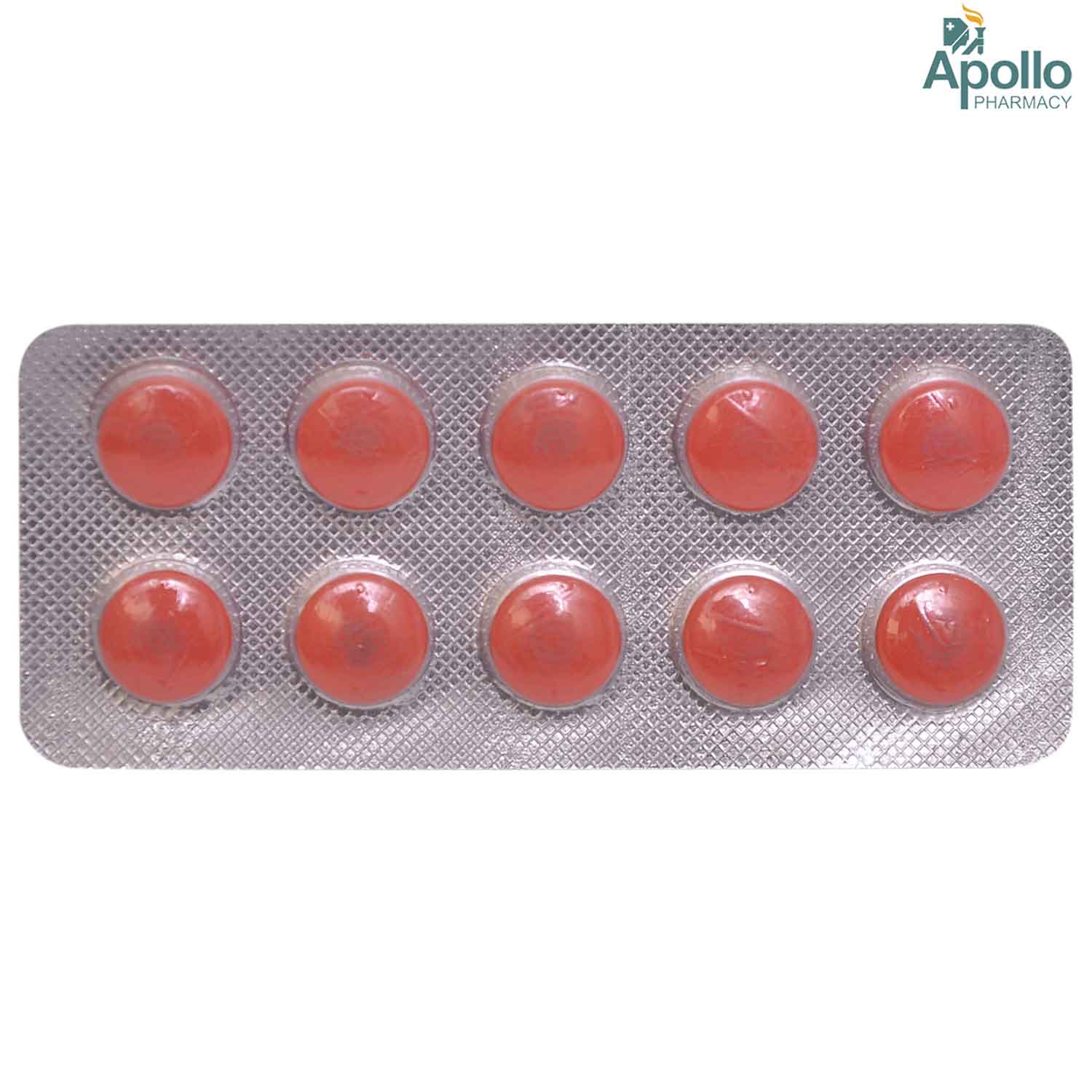
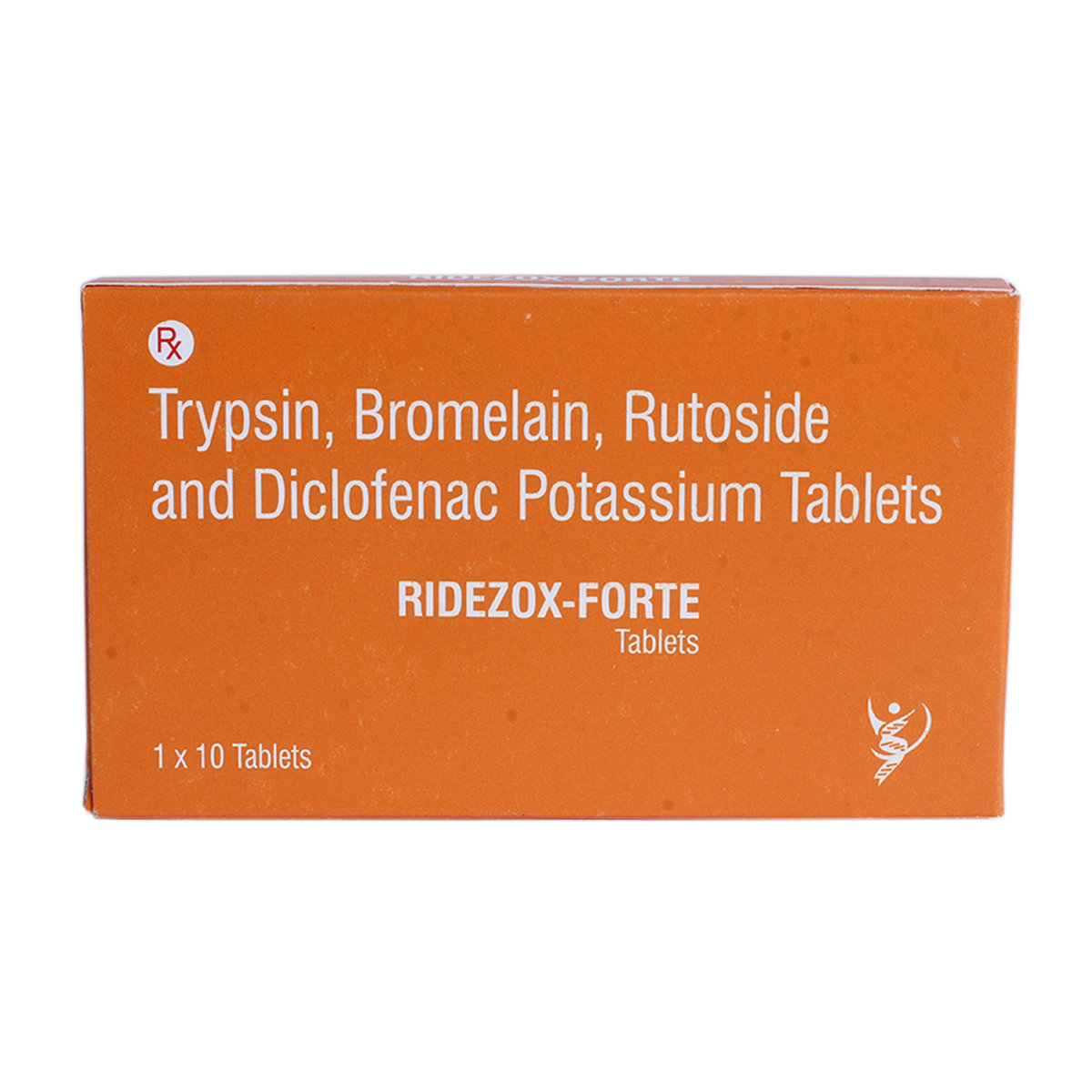

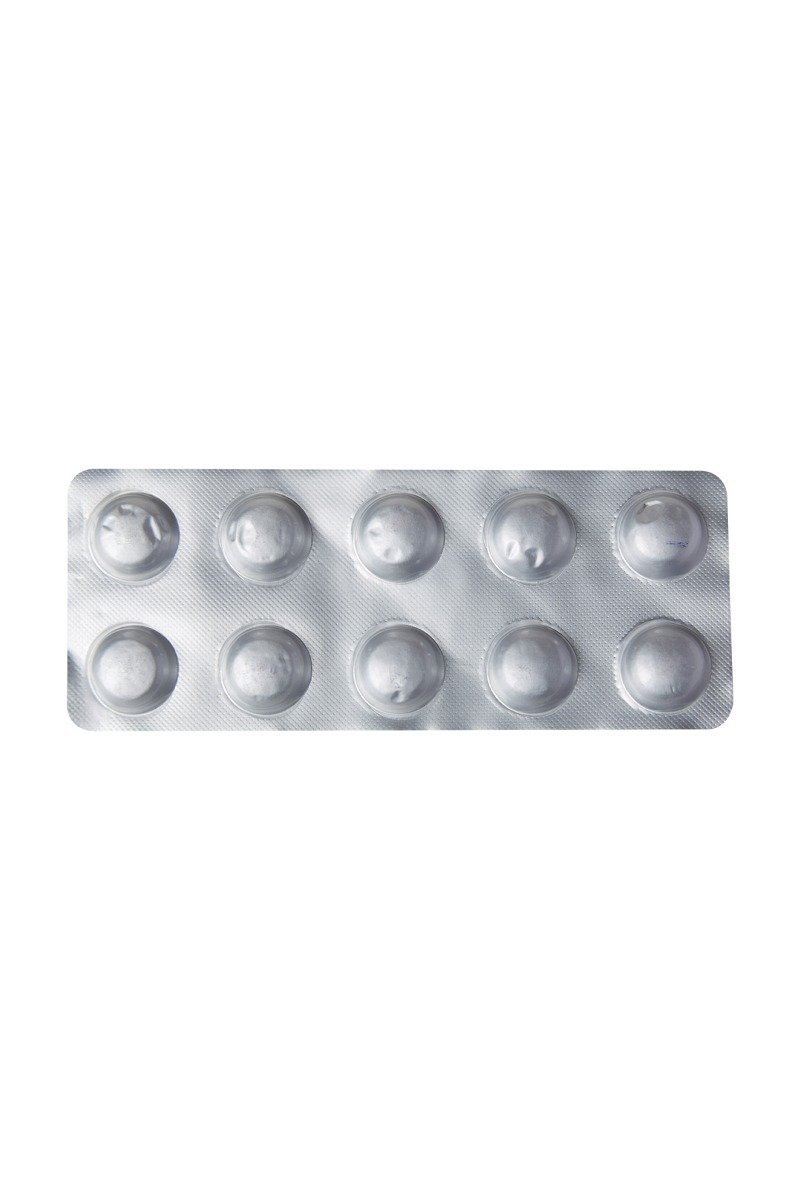
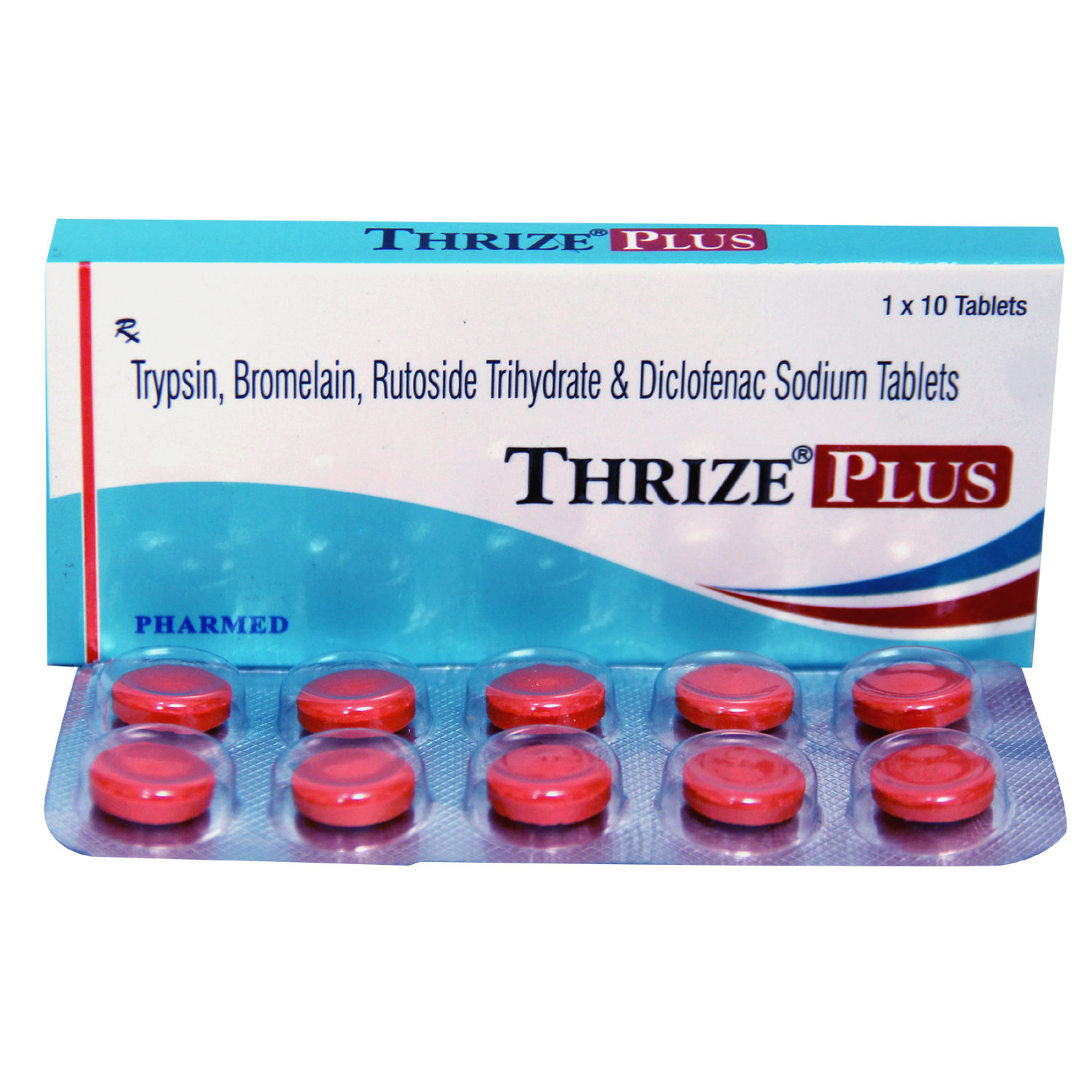
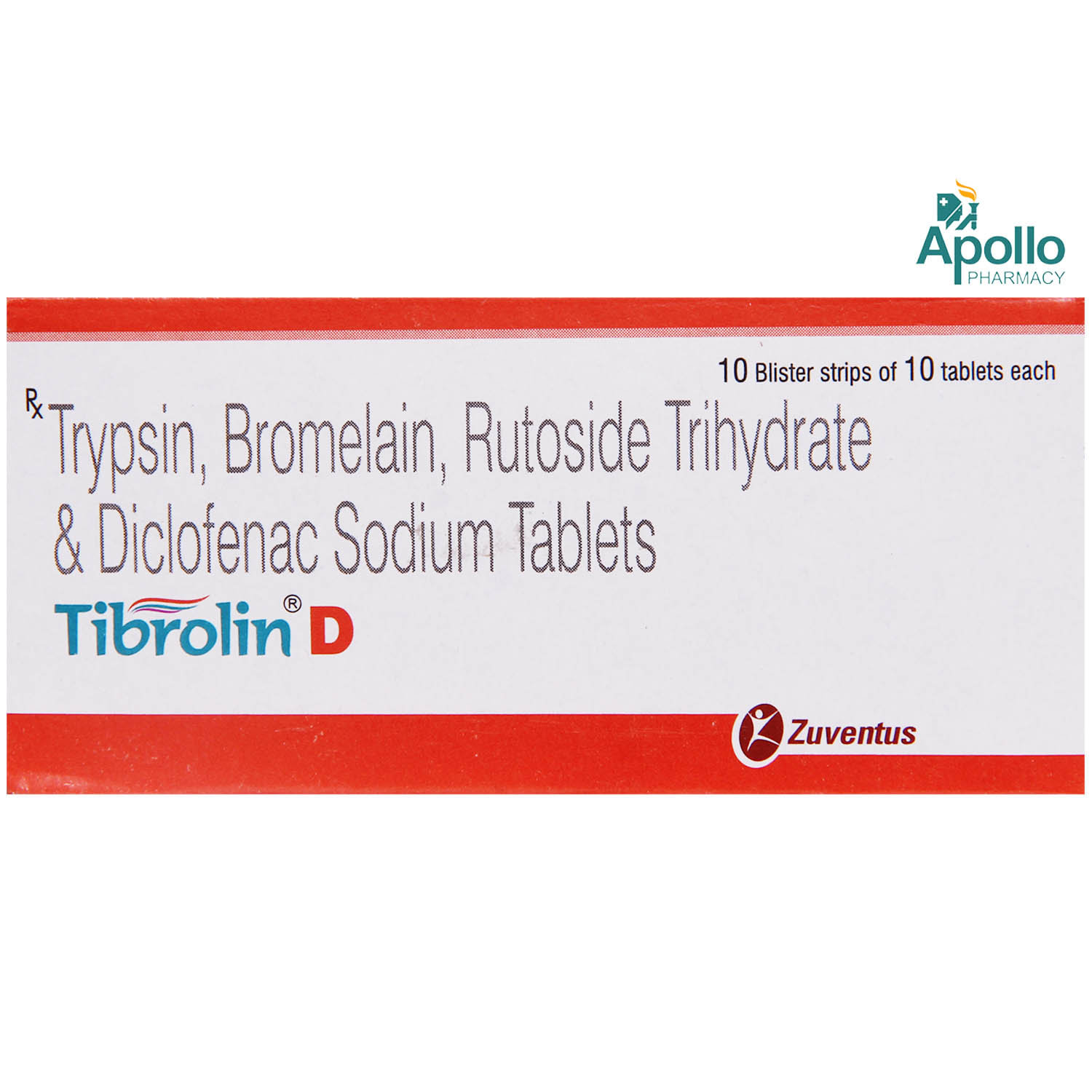
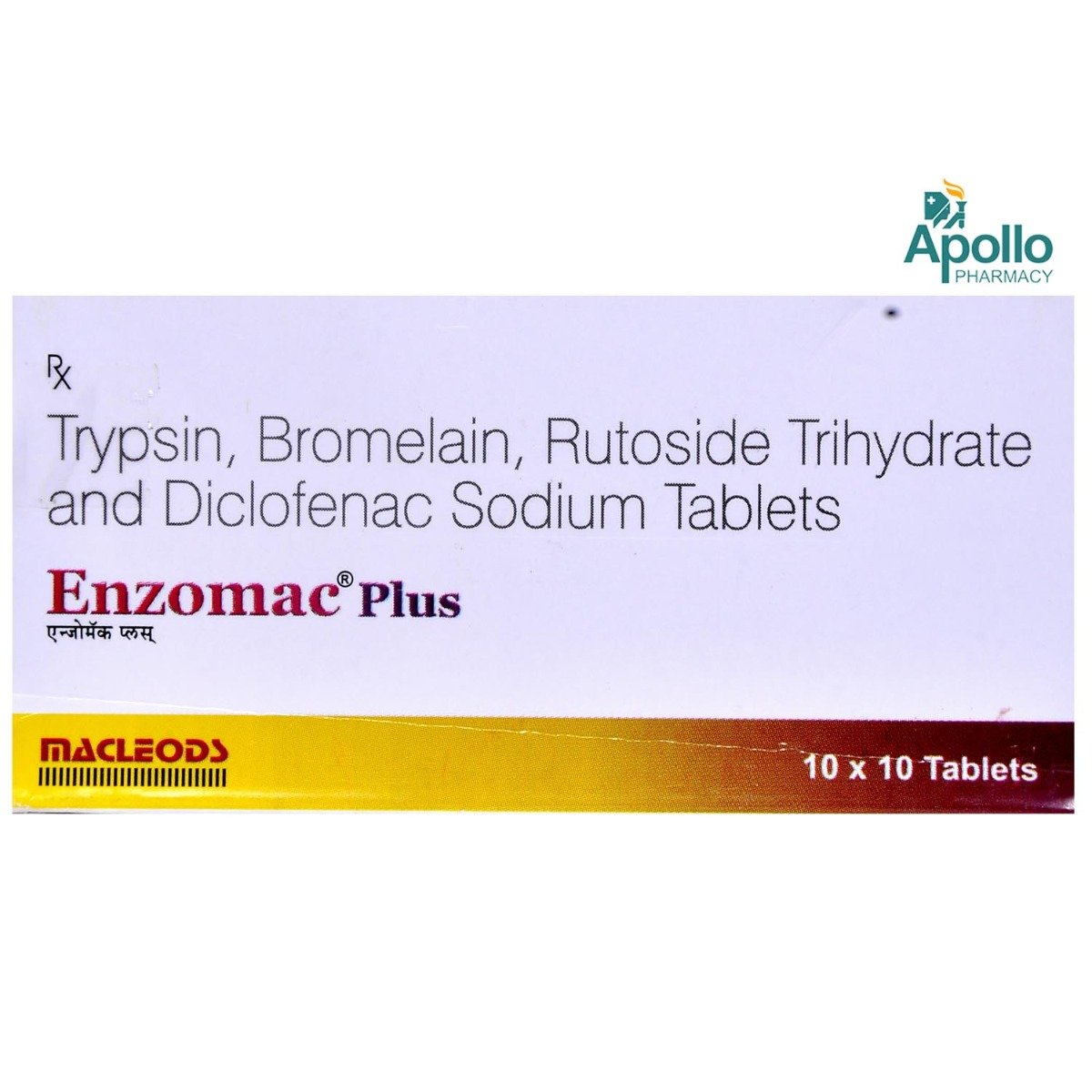
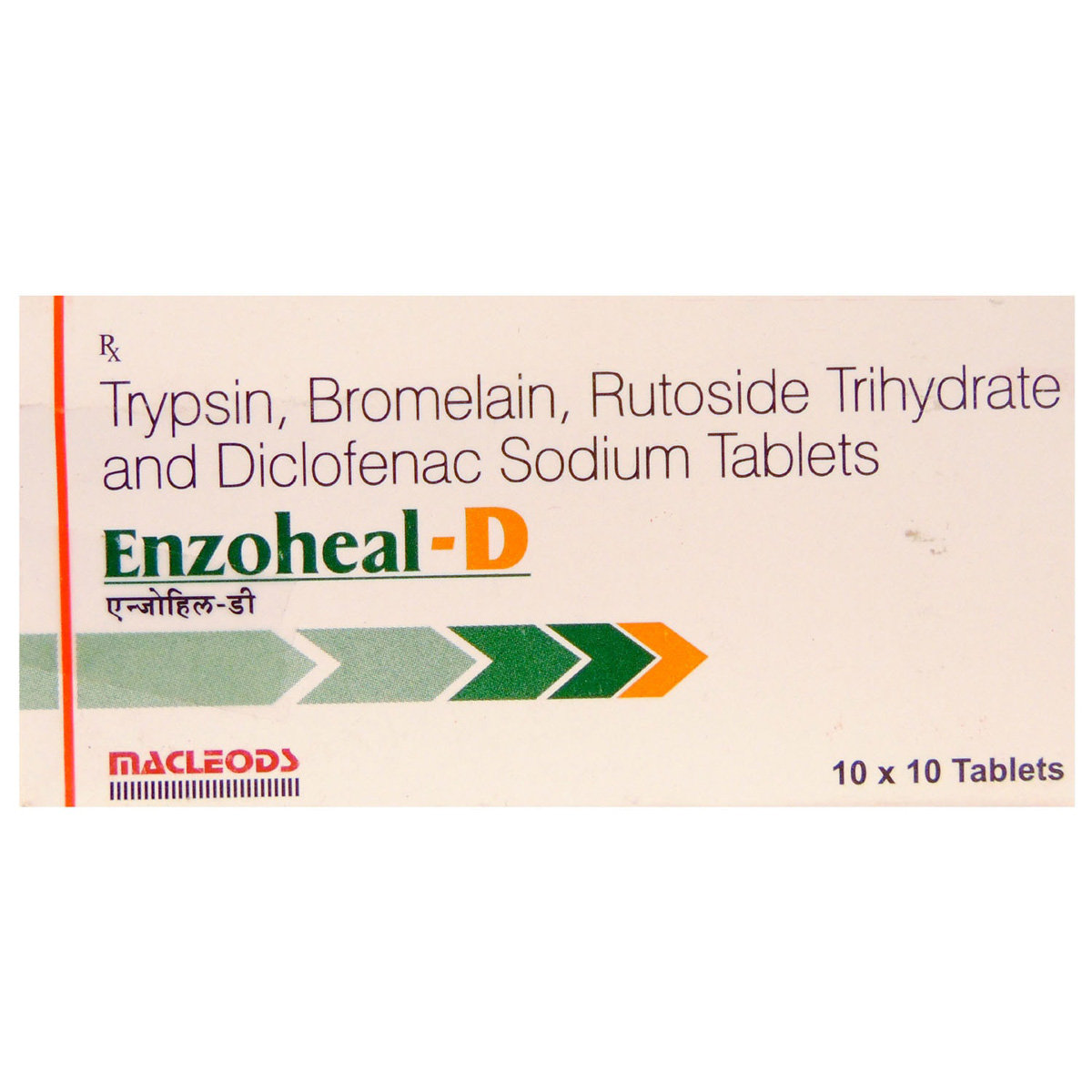
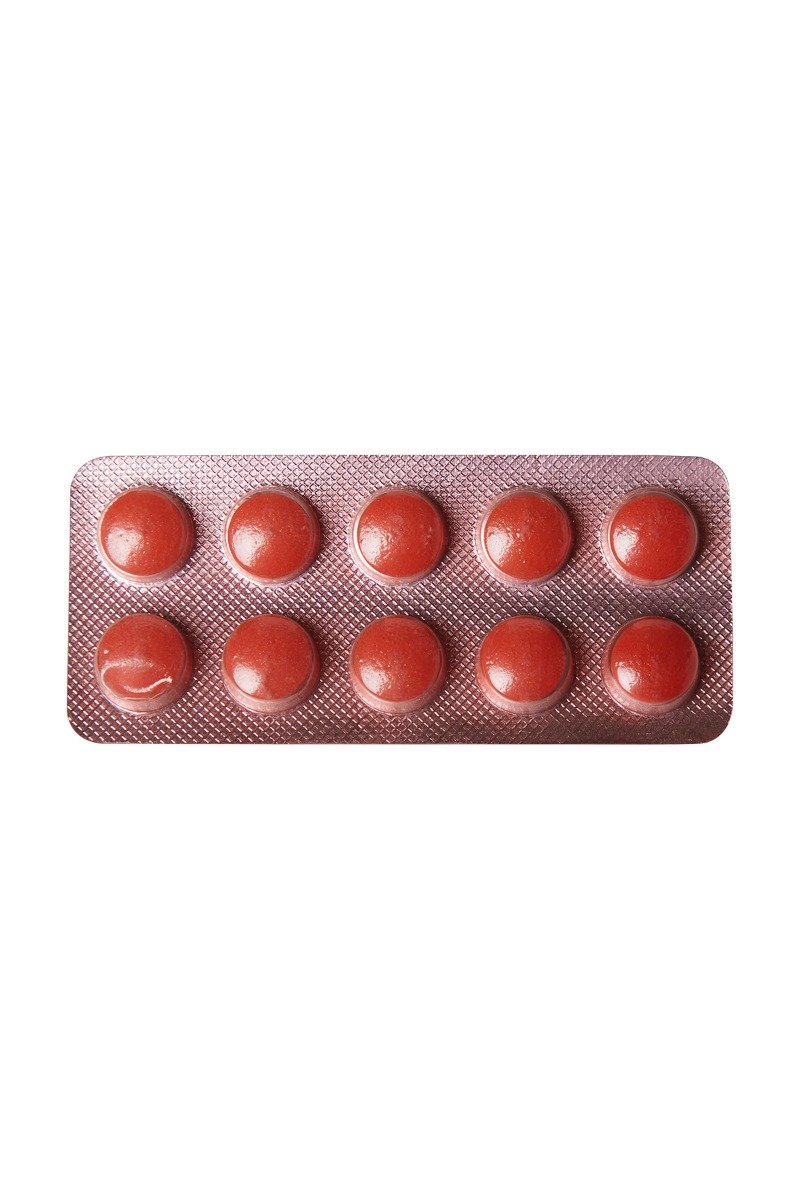
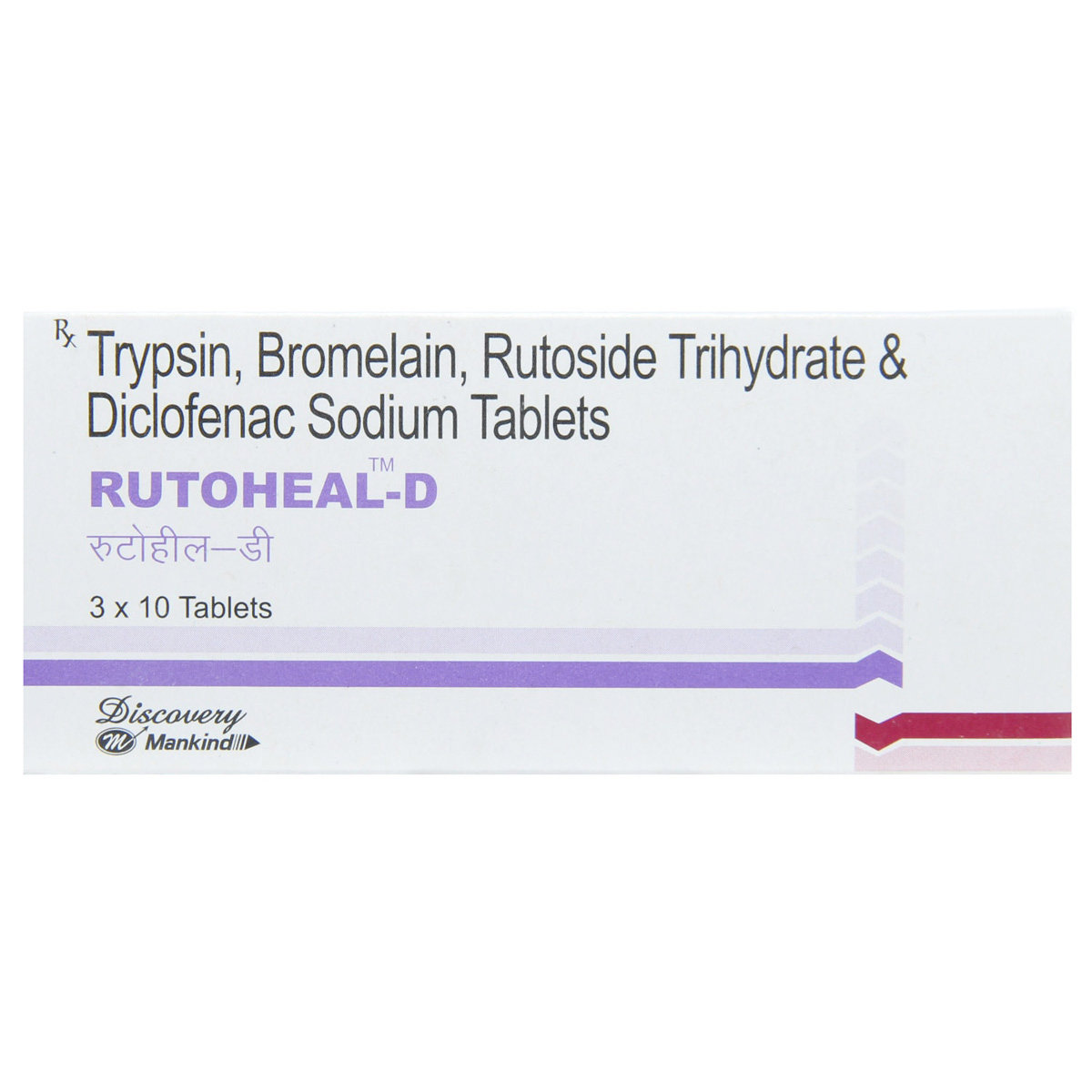
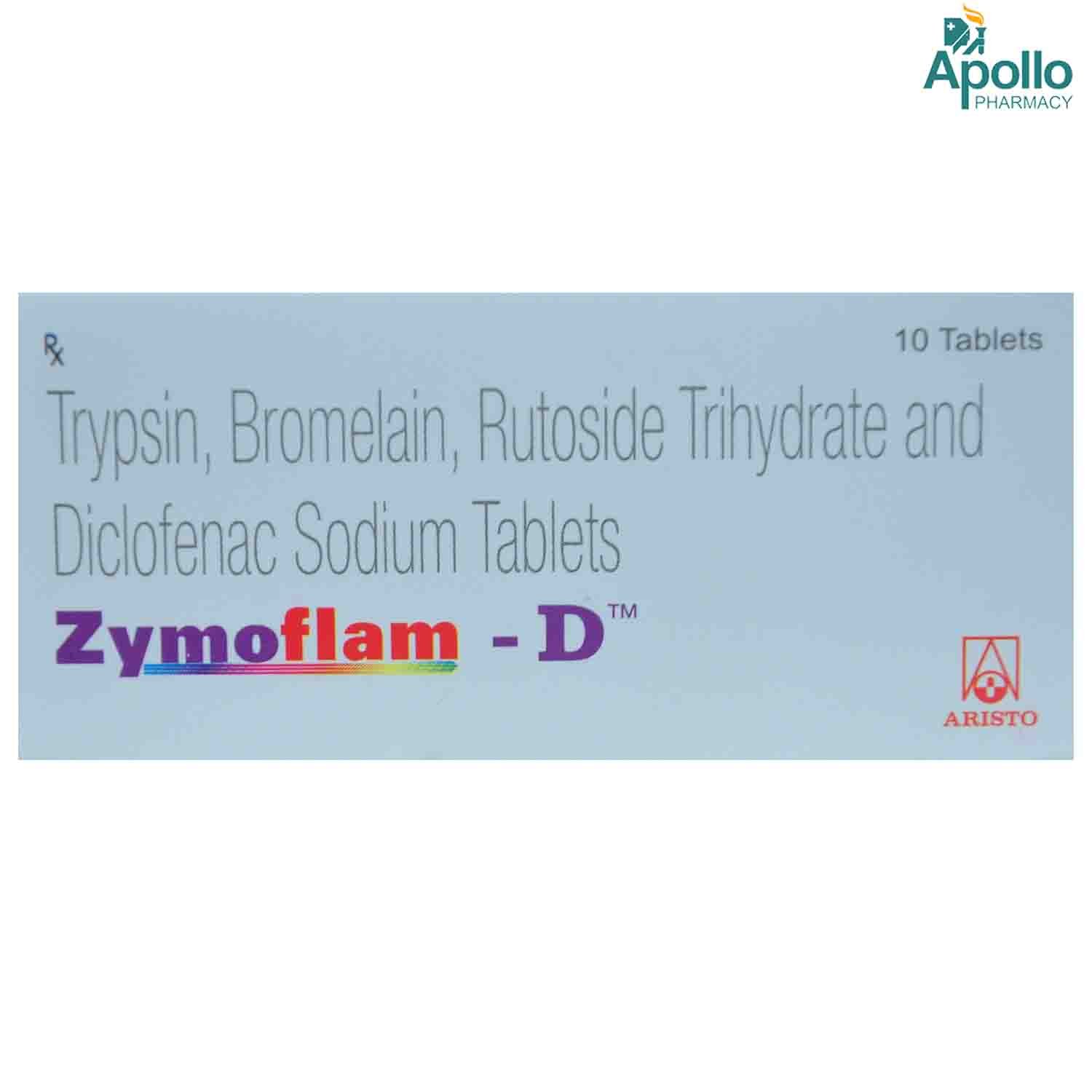
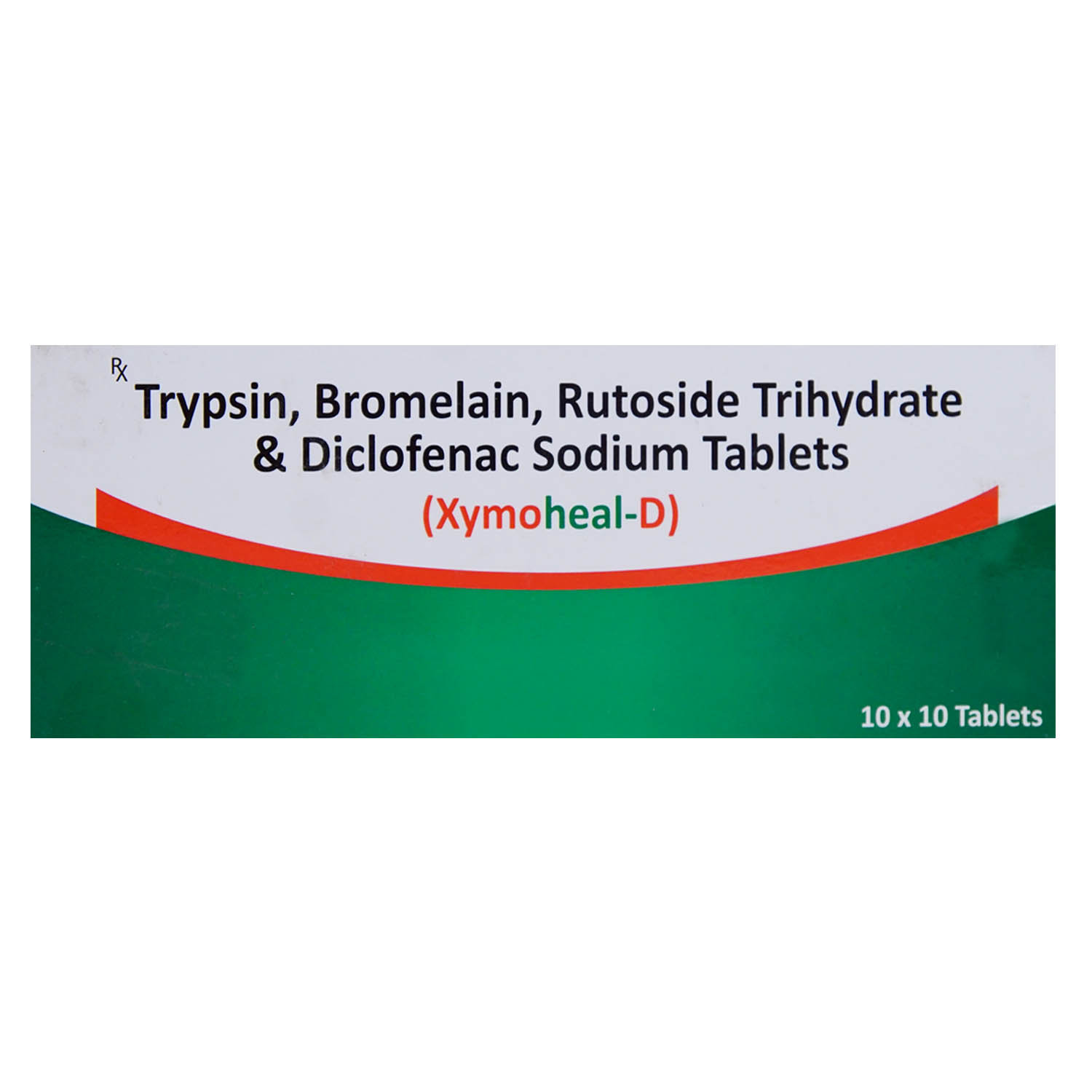
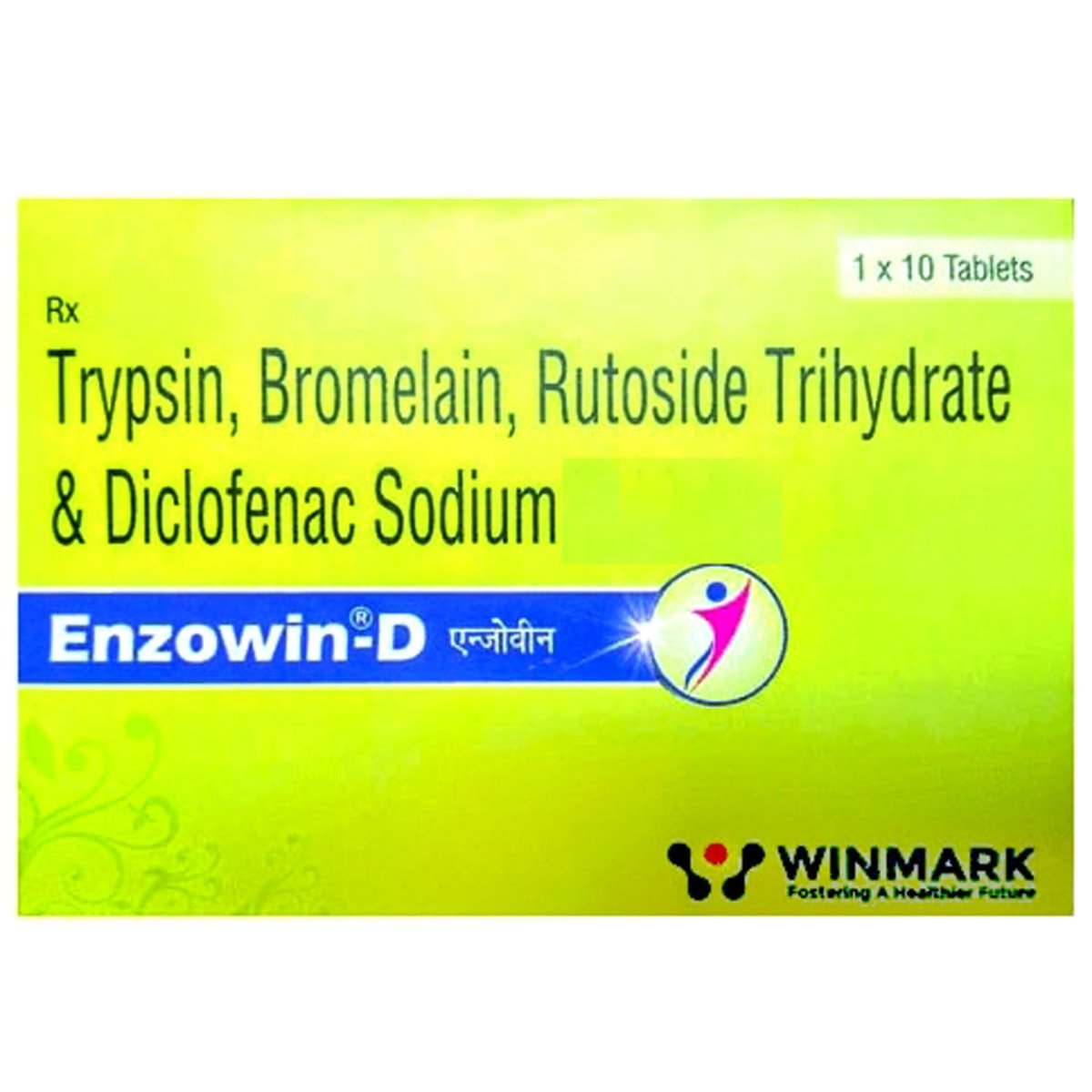

_0.jpg?tr=q-85)

